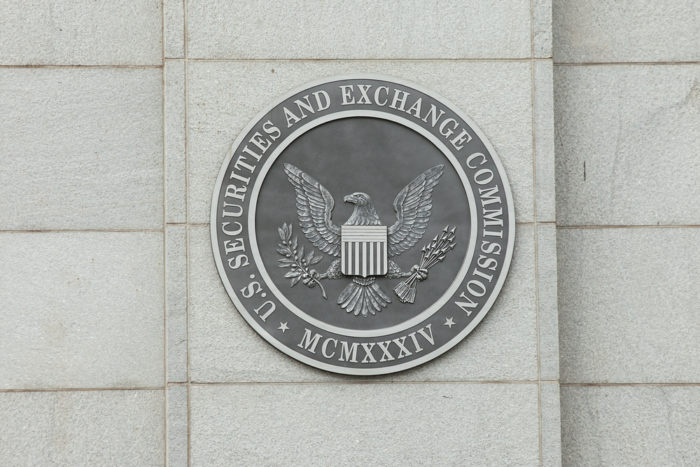If there is one company that attracts the ire of those concerned with protecting the environment it is the world’s second largest oil company, ExxonMobil. The company’s history is not only one of huge production but of recurring clashes over its environmental record.
Now opens another chapter. The UK’s largest asset manager, Legal & General Investment Management (LGIM), has taken the unusual step of announcing it will vote against reappointment of the corporate’s chair at its AGM.
LGIM cites the company’s attitude to climate disclosures and the role of CEO and chair being held by the same person as the major reasons. The asset manager has a stated policy of voting against all combined CEO-chair incumbents.
But LGIM’s announcement forms the latest public move among investors to impose their expectations on energy companies in relation to climate change.
LGIM worries that Exxon is simply too slow in its actions on climate and is behind its peers. According to Meryam Omi, head of sustainability and responsible investing at LGIM, Exxon lacks “strategic ambition” and requires new governance arrangements for leading the business.
“We remain concerned by the Exxon’s lack of strategic ambition around climate change,” said Omi. “To remain successful in a low-carbon world, companies must act today, aligning their capital decision with the goals of the Paris Agreement, and setting stretching targets. We are seeing many of Exxon’s peers step up, and reaffirm their sustainability ambitions even amid the current testing circumstances. The world, and Exxon’s investors, cannot afford the company to fall behind.
“We believe that the separation of combined CEO and board chair roles provides a better balance of authority and responsibility. In addition, if companies spend investors’ money on lobbying governments, we expect them to account for how and why they do this. Such checks and balances are in the best interests of shareholders.”
Carbon emissions
LGIM worries about ExxonMobil’s “persistent refusal” to disclose its full carbon footprint or set company-wide targets, even though others—BP and Shell among them—are doing so.
For its part Exxon has demonstrated some interest in the environment. Back in 2017 Exxon chair Darren Woods was among a number of energy sector leaders who wrote to president Donald Trump requesting he keep the US signed up to the Paris climate accord. Woods argued that the US energy sector could maintain its competitive edge because of its “abundant low-carbon resources such as natural gas”.
The effort failed but it was publicly noted all the same widely reported, winning the company some environmental currency.
However, in March this year Woods told analysts that the company would not be publishing carbon emissions figures because he wanted to avoid a “beauty match, beauty competition”. This despite his competitors pushing ahead with their own disclosures.
In December last year a judge threw out claims by New York state that the oil giant had misled investors over the cost of emissions.
Role reform
Last year also saw an effort to see the roles of chair and CEO split, with the Church of England’s investment arm among the supporters of reform. At the time, splitting the role was viewed as a proxy for the company’s stance on climate. The vote was lost, though 40.8% voted in support.
At the end of 2017 the company bowed to investor pressure calling for Exxon to publish an environment report. It said in a statement: “In reconsidering the proposal, the company sought input from a number of parties, such as the proponents and major shareholders. As such, the board has decided to further enhance the company’s disclosures consistent with the Item 12 proposal and will seek to issue these disclosures in the near future.
“These enhancements will include energy demand sensitivities, implications of two degree Celsius scenarios, and positioning for a lower-carbon future.”
The Covid-19 crisis has served to increase the focus on climate change in many quarters. Investors have called on companies to ensure their response to the pandemic is “sustainable”. The pressure on companies like Exxon is likely to be maintained or only increase.





